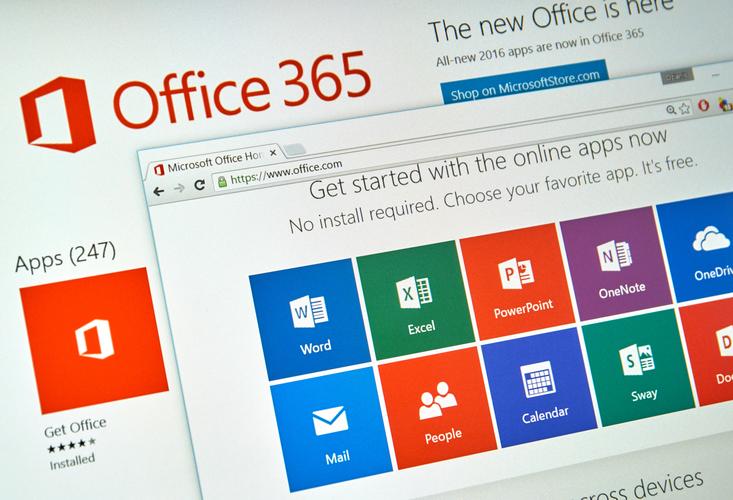Published on the 30/06/2011 | Written by Newsdesk

Microsoft has announced the general availability of Microsoft Office 365, the company’s newest cloud service, in Australia and New Zealand…
Microsoft Office 365 operates as a cloud-based replacement for Microsoft’s desktop tools, packaging Office, SharePoint Online, Exchange Online and Microsoft Lync into a cloud service, available to businesses for a monthly subscription fee (see below for prices).
The product was introduced in beta last year with more than 200,000 organisations, 70 per cent of which were small and medium businesses, signing up and testing the Office 365 beta version.
iStart tested the beta version recently – here’s our estimation of Microsoft’s latest foray into the cloud, Office 365.
Microsoft Office 365
Office 365 is Microsoft’s big four business products made cloud-ready, and delivered through a familiar and manageable interface. If you like the idea of all your Microsoft software – e-mail, documents, contacts and calendars – available anywhere at any time, and from a range of devices (PCs, Macs, iPhones, Android phones, Blackberry smartphones, Windows Mobile and Windows Phones are all supported) Office 365 may be the all-in-one solution you’ve been waiting for.
Larger business can adopt the more expensive model featuring full downloads (especially should they be worried about lost internet connections affecting their ability to work) while cost-conscious smaller businesses can access popular Microsoft software completely online via the cheaper Office Web Apps-only version.
Microsoft Office 365 is all about collaboration. Users can share large files both inside and outside their organisation, from a single document location point, meaning that the current version of a document is always the most current, regardless of how many editors are involved.
Office Web Apps allow users to access and edit Word, Excel, PowerPoint and OneNote documents in their browser, and simultaneous editing of Excel spreadsheets and OneNote notebooks with others in real time is easy and intuitive, with users able to see exactly who is editing and viewing documents at all times.
The suite comes with pretty solid email and calendar functionality. While accessing your applications from mobile devices, the email interface is nonetheless totally familiar, if somewhat stripped down. Calendar functionality is robust, with the ability to share and view calendars side-by-side, to compare availability and suggested meeting times.
If you’ve been using Google Docs as a means to handle Word Documents you may have experienced frustration with formatting issues when shifting bodies of text and graphical elements between programs. That problem has been addressed with Office 365, with consistent formatting across desktop to web applications – if you’ve created a document offline you know what it will look like when it’s online, and vice versa. Large files can be shared via an Office 365 enabled password-protected website, and for smaller businesses, Office 365 also provides simple website design tools, allowing users to create simple, if unimpressive websites.
Lync, Microsoft’s take on unified communication, allows users to connect with colleagues and customers across the board. IM, audio and video conferencing and PC-to-PC voice calling are all supported, plus users can share their desktop, online white boards and presentations in one integrated environment.
For those still wary about cloud downtime (and after the recent struggles of the Amazon Cloud service and Microsoft’s BPOS Cloud, who wouldn’t be?) Microsoft are promising 99.9 per cent guaranteed uptime.
“We have a financially backed SLA,” says Rachel Turney Product Marketing Manager for Microsoft New Zealand. “So we say to our customers ‘you have a 99.9 per cent uptime’ and that we will financially back that… If it is ever down we will financially give you credit for that… that’s part of our service level agreement with customers when they sign up for our services.”
Still, those with a tendency to feel overwhelmed by complicated setup procedures, take heed. While blank slate users may enjoy a relatively simple setup process, if you’re currently using existing Exchange email accounts you’ll need to put aside time for the migration to Office 365. That said, once you’re sorted, the familiar look of the Microsoft interfaces will make current Microsoft Office users feel right at home.
For businesses, especially small to medium-sized enterprises, eager to move operations to the cloud, Office 365 could just be what they’ve been looking for. While initial set-up may require outside expertise, at the price, cost-conscious SMEs will find Microsoft’s cloud offering, and the suite of software included, a lot of bang for their buck.



























